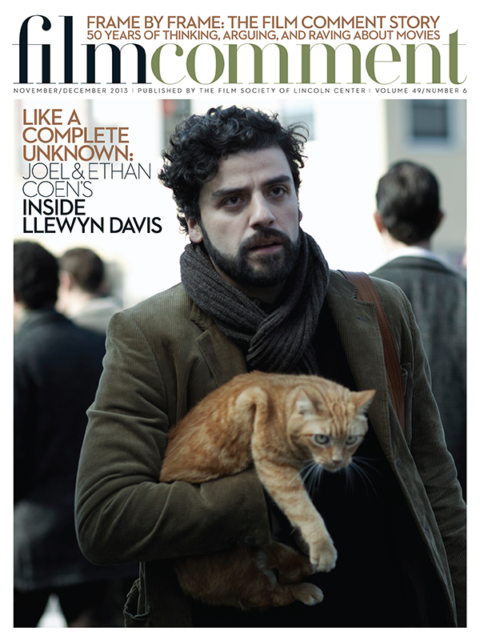
Paolo Sorrentino’s 2011 novel Everybody’s Right, his first, encompasses virtually all of his films to date. Its main character is a reprise of the depressed middle-aged singer from his debut feature, One Man Up (01), which was the perfect culmination of and swan song for the glorious Nineties Neapolitan New Wave. Less patently, the novel has echoes of The Consequences of Love (04), his curiously revisionist take on the male-friendship-exalting French-style noir or polar, and a morbid fascination with the type of dreary provincial “non-places” featured in The Family Friend (06) and This Must Be the Place (11).
Little wonder then, that part of the book is also set amidst the terrazze romane (upper-class rooftop parties) regularly attended by The Great Beauty’s main character, Jep Gambardella. Jep differs from previous Sorrentino protagonists, who exist in a larval stage of arrested development and never really attain adulthood. After writing a major literary hit while still in his twenties, Jep went on to find that beyond that threshold of success lies a vast, glowing, lively nothingness. Having never produced a follow-up, he’s now a 65-year-old high-profile reporter whose relaxed, comfortable existence consists of drifting through a succession of evening parties in the pleasantly futile, incoherent pile of social fragments known as Rome. In blatant reference to La dolce vita, The Great Beauty is an apt if lazily postmodern response to Fellini’s question: how can we convert nihilism from an existential plague into a decent way of life?

Everybody’s Right is everywhere in Sorrentino’s world because literature has always been his true calling. He is a writer incomparably more than he is a filmmaker, not so much for his unashamedly punchline-driven scripts, but rather because the way he constructs filmic space resembles the prose of those early 20th-century writers who sought to write in a pictorial or cinematic manner. Pans, dollies, and tracking shots from wildly disparate points within a single setting are stitched together in a manner that testifies to his complete lack of a proper cinematic sensibility that’s not just grossly flashy. And yet this also makes for a strangely appealing hybrid of free-floating God’s-eye omniscience and feet-on-the-ground, unfailingly centered vision. Think Bertolucci’s feather-light camera struggling against gravity instead of defying it. Indeed, even if Sorrentino is justifiably the director world-cinema cinephiles love to hate, his ideas are often just damn good.
Despite the cheap wisdom and misplaced tenderness he feels obliged to spread over The Great Beauty to ensure a measure of cult-audience palatability, Sorrentino delivers a striking, truly acute portrait of the eternal city and its inhabitants. The film’s opening (a scene set among monuments, followed by another at a disco) is explicit enough: Rome is caught in a vise between celestial eternity and irredeemable sensual excess. After the laborious, plodding storytelling has marched neo-dandy Jep through encounters with a multitude of odd characters and situations, all of which he greets with amused indifference, this duality fatefully returns at the very end. But now the film’s oppositions have become intertwined (mainly through montage). Jep finally comes to terms with his regrets over his first love and his first book by realizing the embrace between ascetic eternity and carnal here-and-now: you can never really “be there in the present moment” in the first place. It’s only after he grasps this that he can defeat the real villain of the story: the Great Beauty within which we long to lose ourselves, that overwhelming sublimity that causes tourists to pass out, eternal adolescents to commit suicide, and silly artists to make fools of themselves. The man who bitterly regretted his unrepeatable, sublime youthful glories and the disappointment that followed is now reconciled. Only partial, occasional, fleeting, almost weightless glimpses of beauty remain. Without capital letters.








